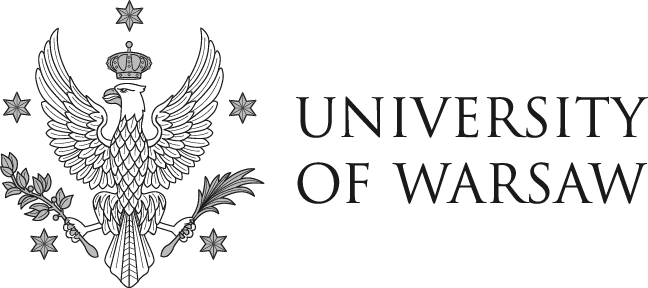

Greetings from the University of Warsaw
The academic landscape across Europe continues to transform and adapt to meet global challenges, yet universities remain steadfast in their ambition to act as key pillars of society and the foundation within which future potential is fostered.
Recent events have pushed the European academic sector to go above and beyond mere recovery and steady evolution, resulting in higher education systems revolutionising their approach through several trajectory-changing solutions. Poland has proven itself as a leading force in this transformation, undertaking efforts to secure its reputation as a globally recognised academic power.
The University of Warsaw is at the very centre of this mission. There is no doubt that within such a complex and sensitive system as higher education, even the best solutions must be the subject of constant reflection. As rector of the University of Warsaw, I would like to invite colleagues to join us as we convene leading voices from across the sector, industry, government and civil society.
Together, we will endeavour to progress one step further in our collective efforts, by asking how we ensure European higher education remains and becomes more resilient and agile, enabling it to meet the many opportunities and challenges of the present moment.
Professor Alojzy Z. Nowak
Rector
University of Warsaw

About the University of Warsaw
With more than 200 years of history, the University of Warsaw is Poland's largest and finest university and a leading research centre in Poland being among the top 3% of the world’s best universities.
Quality of education
The University of Warsaw educates 38,000 undergraduate and graduate students, 2,100 PhD students and 2,100 non-degree post-diploma students, not counting the UW Open University students of all ages, including children.
The university employs 7,800 people, including over 3,900 academic staff. There are 25 faculties and almost 30 other academic and research units, including the Centre of New Technologies and the University Technology Transfer Centre.
Students are offered over 300 programmes of 1st, 2nd and long-cycle masters studies in humanities, social, exact and natural sciences, interdisciplinary programmes, 34 English-language programmes and 25 double degree programmes run with international partners. The offer includes 12 programmes with elements of medical sciences as well as nine engineering and technical programmes. Some of the programmes enable Recognition of Prior Learning. Doctoral education is conducted in four newly established multidisciplinary doctoral schools, where students implement their individual research plan.
Students may learn any of 36 different languages to receive a Language Proficiency Certificate. The University System of Language Provision was distinguished by the European Union with the European Language Label of the Labels award.


University of research
Thanks to a high level of scientific research and a diversity of teaching methods, the university positions itself as the best in the country, and its strong reputation is recognised worldwide by prestigious international rankings. The university employs 3,900 scholars whose scientific inquiries extend across 1,400 research topics, and students have the opportunity of joining their research projects.
The University of Warsaw is present in more than 20 countries on five continents. Archaeologists have the Research Station in Cairo at their disposal, and astronomers perform large-scale sky surveys using telescopes at the Las Campanas Observatory in the Atacama Desert, Chile. With the Carpathian University in Ivano-Frankivsk, the university plans to renew the Astronomical and Meteorological Observatory on the top of Pip Ivan Mountain in Ukraine.


Cooperation
The University of Warsaw cooperates actively with over 1000 foreign and national institutions and collaborates with 350 partners from over 70 countries through direct cooperation agreements. This level of internationalisation makes the university one of the leading academic institutions in Central-Eastern Europe. The university is a member of numerous international societies and research networks. The University of Warsaw is part of the 4EU+ European University Alliance, along with Charles University, Heidelberg University, Sorbonne University, the University of Copenhagen, the University of Milan and the University of Geneva.
In the heart of Europe
The University of Warsaw community includes 4,000 foreigners and has received nine awards from Polish and international institutions for its participation in the Erasmus+ programme. According to the European Commission, it is one of the leaders among over 3,000 institutions in Europe. Located in Warsaw, which ranks 15th among the most sociable and friendly cities in the world by Business Insider, the university is at the centre of political and economic life and has a lively social and cultural scene.